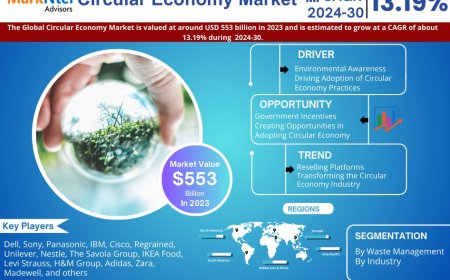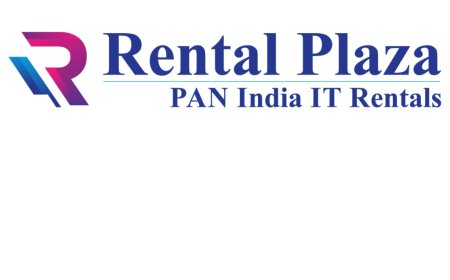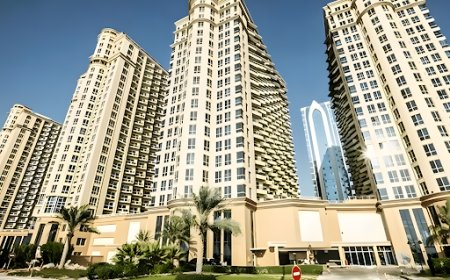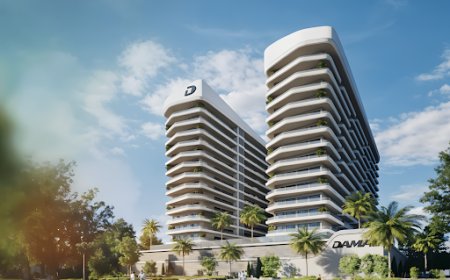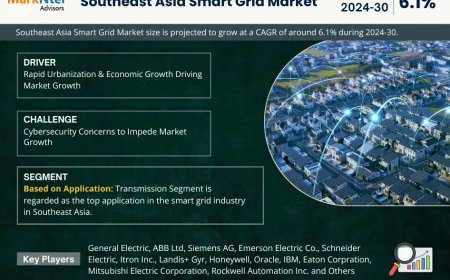EPC Projects in Iraq: Engineering Tomorrow’s Infrastructure, Today

Introduction: A New Era of Development
Once known only for its rich history and geopolitical importance, EPC Projects in Iraq is now entering a new phase of transformationone defined by rapid infrastructure development, industrial expansion, and long-term investment in national growth. At the heart of this resurgence lies the power of integrated project delivery, with Engineering, Procurement, and Construction (EPC) frameworks shaping the future of the countrys vital sectors. These strategic frameworks are enabling a wide range of developmentsfrom power generation and oil production to water treatment and roadsunder a unified and efficient execution model.
EPC Models: Turning Complex Visions into Concrete Realities
The EPC project model is not new, but its application in Iraq has gained renewed significance in recent years. Under this turnkey contract system, one entity is responsible for the engineering, procurement, and construction of a facilityensuring streamlined communication, minimized risk, and on-time delivery. For a country like Iraq, which seeks rapid modernization but still faces infrastructural challenges, this model is proving to be a game-changer.
The EPC approach reduces fragmentation and enables coordination across multiple sectors, which is vital when implementing large-scale and complex developments in cities such as Baghdad, Basra, and Erbil.
Critical Sectors Benefiting from EPC Projects
Iraqs energy sector stands as the largest beneficiary of the EPC trend. The country continues to invest heavily in its oil and gas industry, developing upstream and downstream capabilities to enhance production, distribution, and export efficiency. Power generation plantsmany of them gas-fueledare also being built or rehabilitated under EPC contracts, helping reduce dependence on imported electricity and ensuring more consistent power to both urban and rural regions.
Beyond energy, EPC frameworks are enabling progress in water treatment, sanitation, and transport infrastructure. These are not just construction projectsthey represent long-term investments in the health, connectivity, and economic vitality of the nation.
Local and Global Collaboration: The Future of EPC in Iraq
The success of EPC projects in Iraq hinges on both local knowledge and international expertise. While foreign firms bring specialized engineering skills and procurement logistics, Iraqi partners contribute critical on-the-ground experience, regulatory understanding, and access to labor and materials.
This fusion has led to a competitive environment where global EPC contractors partner with regional companies to create tailored solutions that reflect Iraqs unique needs and terrain. It also helps in building local capacitytransferring knowledge and skills that will serve the country for generations to come.
Technology and Sustainability in EPC Delivery
Modern EPC projects in Iraq are no longer just about brick and mortar. They're infused with technology, sustainability goals, and forward-thinking engineering. Digital tools such as Building Information Modeling (BIM), AI-powered project management platforms, and drone-assisted inspections are reducing construction errors, optimizing workflows, and ensuring safety on job sites.
Moreover, many EPC contracts now integrate sustainability parameters. Solar and hybrid energy systems are being installed in public and industrial facilities. Environmentally friendly building materials and water-saving technologies are being deployeddemonstrating that Iraqs infrastructure renewal can be both ambitious and responsible.
Challenges on the Ground
While the EPC model offers many advantages, it's not without its challenges in Iraq. Logistics can be complex due to regional instability or underdeveloped transport networks. Procurement of specialized components may face delays due to import restrictions or global supply chain issues.
Additionally, navigating Iraqs regulatory environment and ensuring alignment with local governance and labor laws requires diligence. Successful EPC contractors must exhibit flexibility, cultural sensitivity, and strong stakeholder engagement to ensure smooth project execution.
Spotlight: MUE Group and Their Commitment to Iraqs Growth
In the ever-evolving landscape of infrastructure development, one name that stands out is MUE Group. This forward-thinking organization has carved out a niche by consistently delivering impactful EPC Projects in Iraq. With a portfolio that spans across energy, utilities, and industrial development, MUE Group is not just executing contractsits contributing to the countrys long-term economic transformation.
By focusing on excellence, innovation, and sustainability, MUE Group is helping set new benchmarks for quality and reliability in Iraqs EPC sector. Their commitment to local partnerships and workforce development ensures that their projects create value beyond the construction phasenurturing skills, employment, and opportunities for Iraqis.
Conclusion: Engineering a Nation Forward
The rise of EPC Projects in Iraq marks a pivotal shift in how the nation approaches infrastructure development. By integrating engineering, procurement, and construction under a single cohesive strategy, Iraq is not only accelerating its development timeline but also building resilience for the future.
As companies like MUE Group continue to lead with integrity and innovation, Iraq's roads, pipelines, power grids, and cities will serve as testaments to whats possible when ambition meets actionone well-executed EPC contract at a time.
















